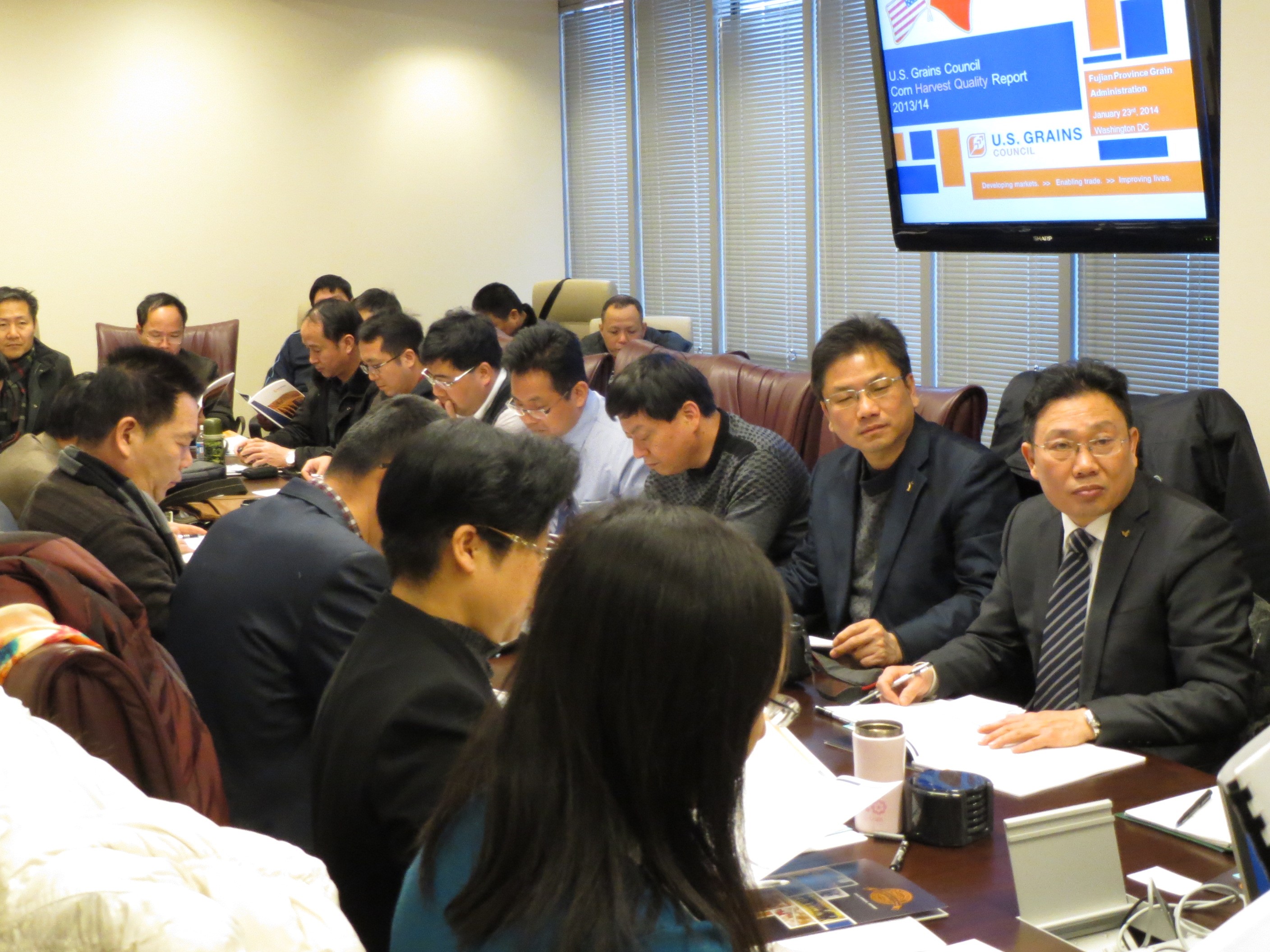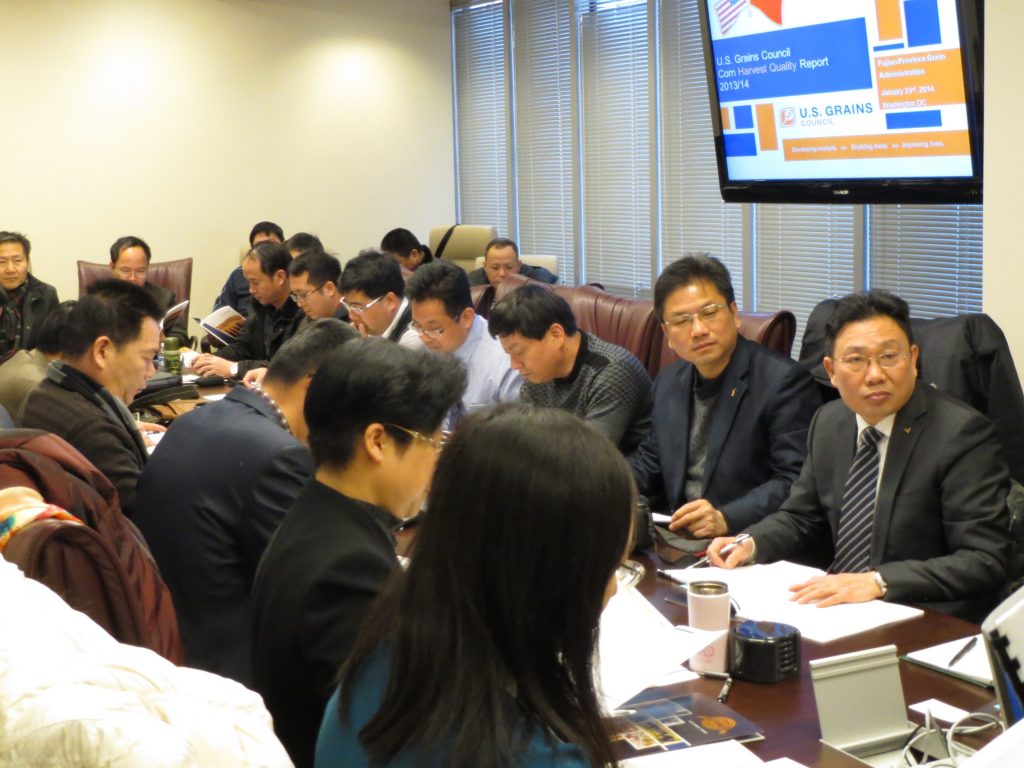Starting in November of 2013, the United States’ third largest corn importing customer, China began rejecting some shipments U.S. corn shipments due to the presence of an unapproved biotechnology trait, MIR 162. China had been considering approval of MIR 162 since 2010 and had been importing U.S. corn containing MIR 162 since 2011 without objection, however due to a large local corn crop, the Chinese government used MIR 162 as a technical barrier to trade and began blocking U.S. corn imports, effectively shutting down the U.S.’s third largest corn importing customer.
The Council has been engaged in China, working with government official on biotechnology acceptance, food security and trade promotion for over twenty years. In addition, the Council has a long history of developing the Chinese swine and dairy sectors over the past two decades. The Council’s strong relationships with industry, government, and other organizations in China made the Council well positioned to respond when the Chinese government began restricting U.S. corn imports. Working with both U.S. government and industry to develop a coordinated approach to addressing China’s concerns about MIR 162. Finally in December 2014, the Chinese government approved MIR162 for import into China.
Despite the restrictions on U.S. corn imports, China still imported 2.7 million metric tons (108.6 million bushels) of U.S. corn valued $660 million. The Council invested $320,000 of MAP funds in support of this marketing program generating a Return on Investment (ROI) of $2,062 per every $1 of MAP funding invested.
About The U.S. Grains Council
The U.S. Grains Council develops export markets for U.S. barley, corn, sorghum and related products including distiller’s dried grains with solubles (DDGS) and ethanol. With full-time presence in 28 locations, the Council operates programs in more than 50 countries and the European Union. The Council believes exports are vital to global economic development and to U.S. agriculture’s profitability. Detailed information about the Council and its programs is online at www.grains.org.

